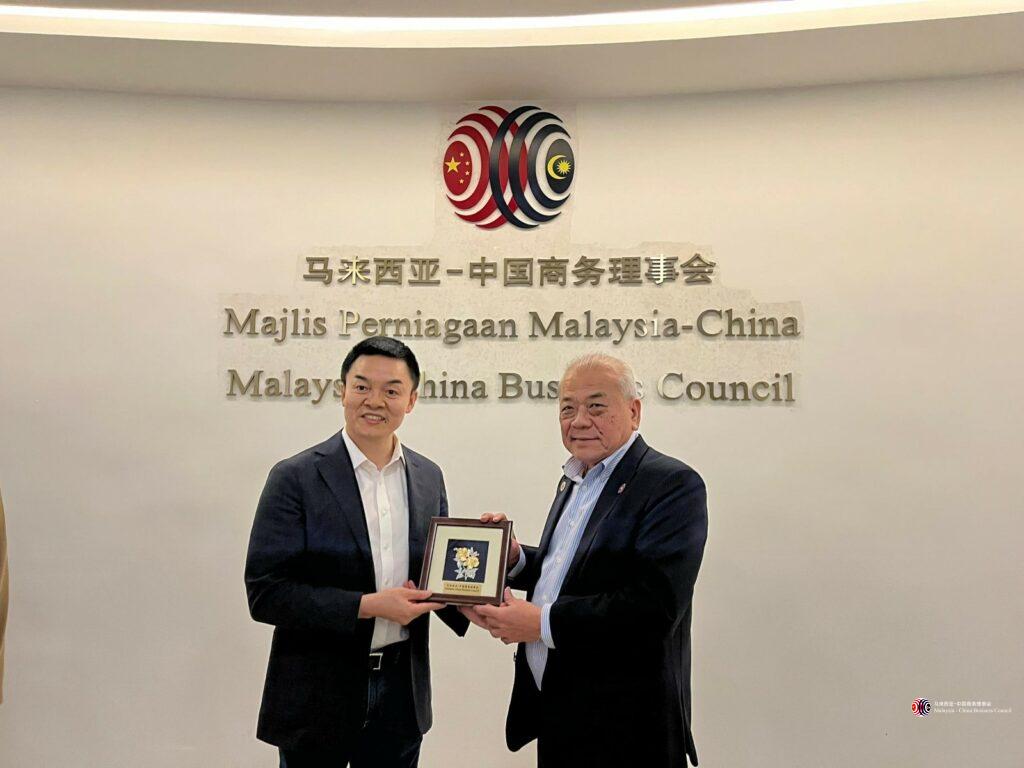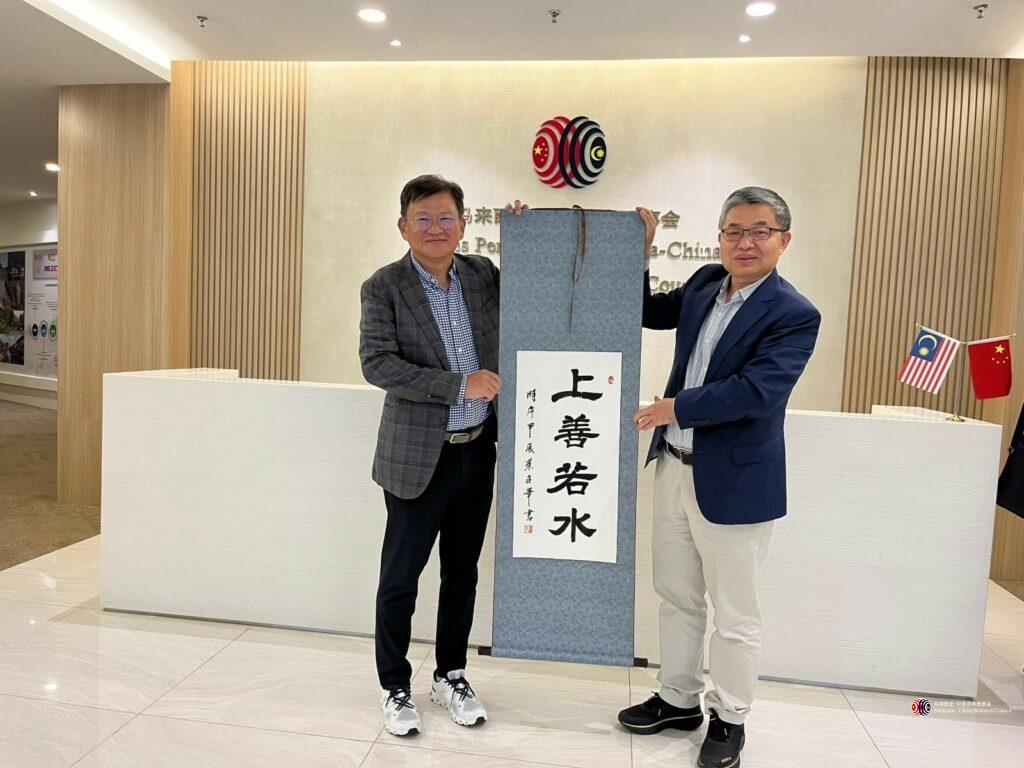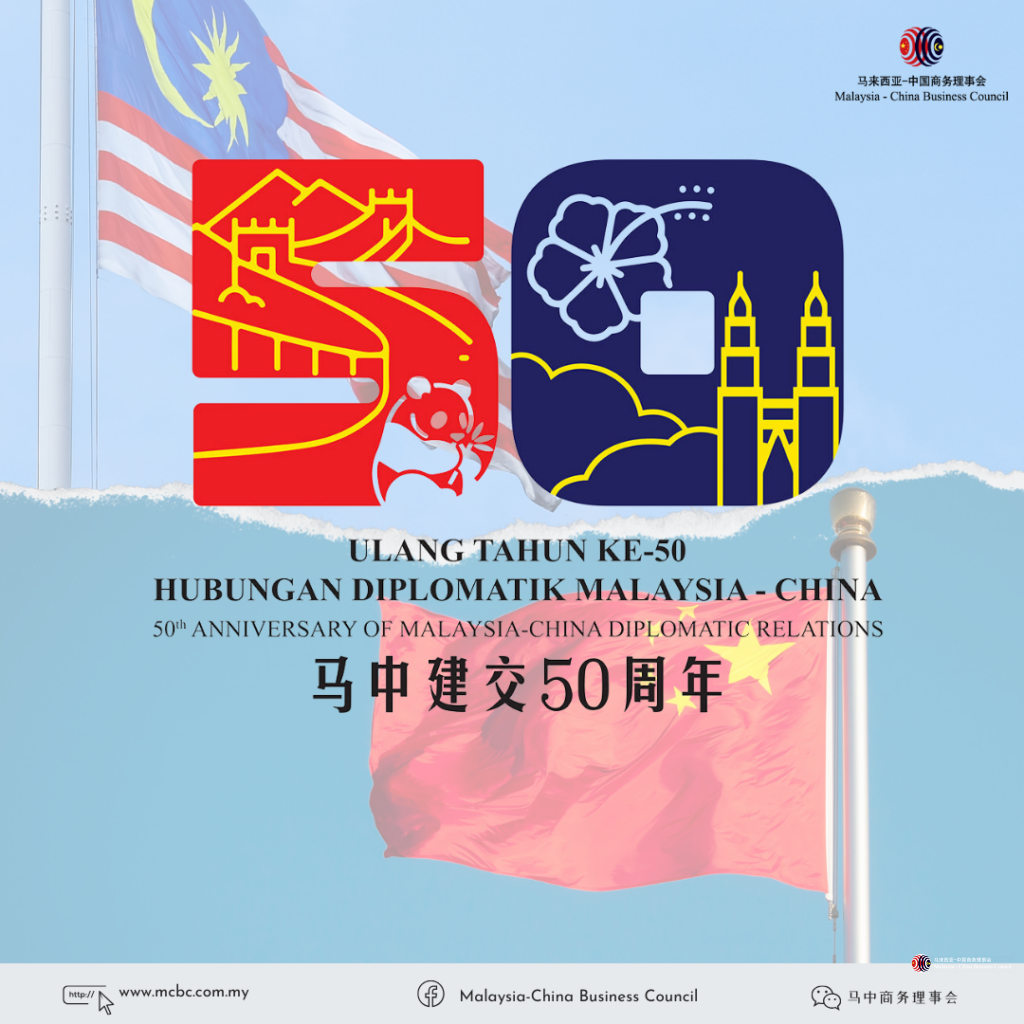NANNING: The Prime Minister’s Special Envoy to China cum Chairman of Malaysia-China Business Council, Tan Sri Ong Ka Ting has been tasked to coordinate the proposed Gebeng industrial park in Kuantan which Dato’ Sri Najib Tun Razak offered to China as a jointventure similar to the China-Malaysia Qinzhou Industrial Park.
The Prime Minister said on April 1 after the launching of the Qinzhou Industrial Park that his offer to jointly build an industrial park at Gebeng was received positively by Chinese Premier Wen Jiabao.
“The park will be developed in an area of 607.03ha and be almost a model of the Qinzhou Industrial Park. Premier Wen had agreed in principle on such a project in Kuantan and we will work out the details with the Pahang state government.
“As our special envoy to China, Tan Sri Ong Ka Ting will coordinate the project with the parties involved in Malaysia and China,” Dato’ Sri Najib told the Malaysian press after his one-day visit here yesterday.
He said Kuantan was chosen for the project because it has a port that faces the South China Sea which is the most direct link to the deepwater Qinzhou port and others in the Guangxi Zhuang autonomous region.
Premier Wen said the Chinese government would support investments by Chinese companies in Malaysia and that both the Chinese and Malaysian sides could explore building the park.
Meanwhile, Tan Sri Pheng Yin Huah, President of the Federation of Chinese Associations Malaysia (FCAM) which made the proposal to Dato’ Sri Najib for the industrial park in Kuantan last year, said the Gebeng project can become the sister park of the Qinzhou Industrial Park. By working closely with the Qinzhou park, such a project will surely bring about industrial development in Pahang.”
Dato’ Sri Najib also revealed that the Malaysian and Chinese governments were considering opening up an air route to Nanning by AirAsia.
Earlier, at the launching of the Qinzhou Industrial Park, Dato’ Sri Najib said he was so impressed by the speedy approval and work progress by the Chinese government for the project that he had coined the term “Qinzhou speed”.
“Today I learned a new term, that is Qinzhou speed. So, when I want a project to be completed fast, I will say it must be implemented at the Qinzhou speed,” he said, to the delight of Premier Wen.
Dato’ Sri Najib said the project became a reality in just a year and that was testament to the vibrancy, energy and commitment of both countries in deepening economic ties.
Premier Wen said the park, accorded the national-level status by the Chinese State Council, will become a model project to steer forward Sino-Malaysia cooperation.
In a related development, S P Setia Bhd together with Rimbunan Hijau Group have struck a deal with Qinzhou Jingu Investment Co Ltd (Qinzhou Jingu) to jointly develop the Qinzhou Industrial Park, the third industrial park in China developed under government-to-government (G2G) initiative.
The deal will give SP Setia a foothold in the vast China market. Its participation will be via its 45% equity stake in a Malaysian JV company known as Qinzhou Development (Malaysia) Consortium Sdn Bhd, which in turn will hold a 49% stake of the China JV Co to be formed with Qinzhou Jingu as its JV partner.
S P Setia said in a statement the China JV Co would be the vehicle through which the Malaysian Consortium and Qinzhou Jingu would jointly develop the Qinzhou Industrial Park.
The park has a planned area of 55 sq km, consisting of five functional districts namely industrial, residential, auxiliary service, production and living centre, and scientific and technology service.
On completion, this ecological coastal city is expected to house a population of 500,000, which is nearly 13% of Qinzhou’s current estimated population of 3.9 million.
Development will kick off with a Start-Up District comprising commercial, residential, industrial and public amenities which spans over 7.87km.
S P Setia President and CEO Tan Sri Liew Kee Sin said the project was a fantastic opportunity for the group to gain a meaningful presence in China.
“We have been on the lookout for good development opportunities in China since 2009. Our participation as a key player in the development of such a significant G2G-backed project provides a tremendous boost to our long-term ambitions of achieving sustainable growth overseas.”
Compiled by Hoo Ban Khee




